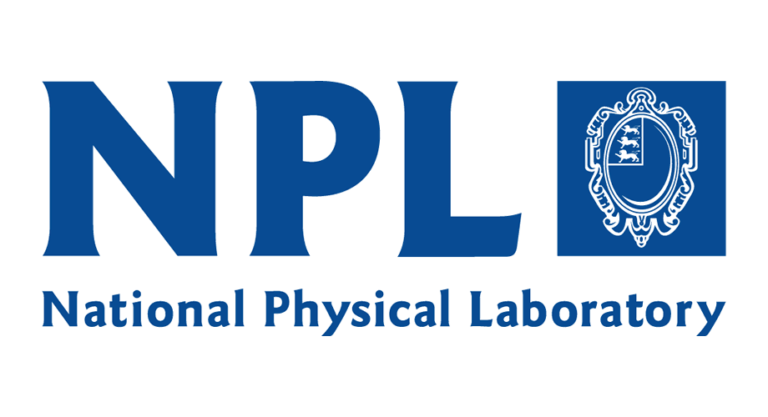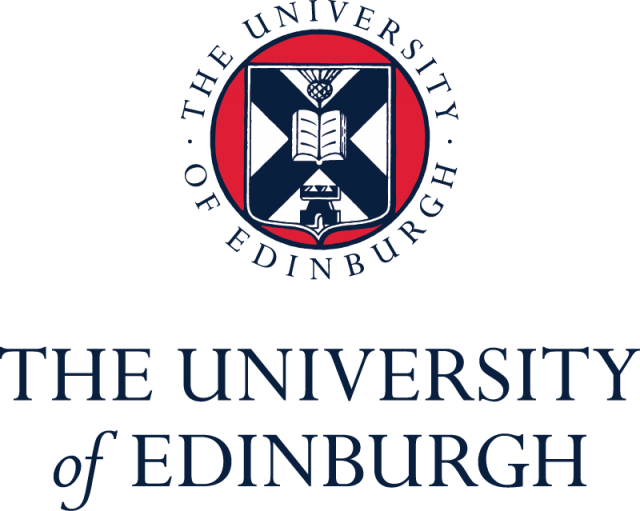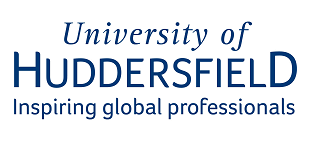The Ultrafast Laser Inscription technique exploits the high fields present at the focus of an ultrafast pulse train to modify transparent materials. By tuning the parameters of the writing laser, the modification can take the form of an index change (exploited in grating, lens or waveguide formation) or a phase change (changing an amorphous material into a crystalline and vice versa) or an increased etch rate. Fraunhofer CAP have set up a state-of-the art ULI system in their laboratories. Motion stages cable of sub-micron accuracy and a highly flexible ultrafast laser source give the opportunity to explore extremely wide ranges of writing parameters.
The project will involve the design, fabrication and characterisation of different types of structured materials for applications in quantum technologies (QT). There will be opportunity to understand and formulate the theoretical framework to describe different modification processes and resultant optical properties. The potential QT applications will be wide ranging – the first to be explored will be grating formation for laser control – the student will gain laser development experience alongside the existing expertise at Fraunhofer CAP, other topics could include photonic integrated circuits in nonlinear materials, miniaturisation of complex experimental layouts and characterisation of sensor components enabled by ULI. Quantum technologies are playing a vital role in the next generation of sensors, communications and computing and photonic integration is a key part of taking these systems from the laboratory to practical use in the field.









